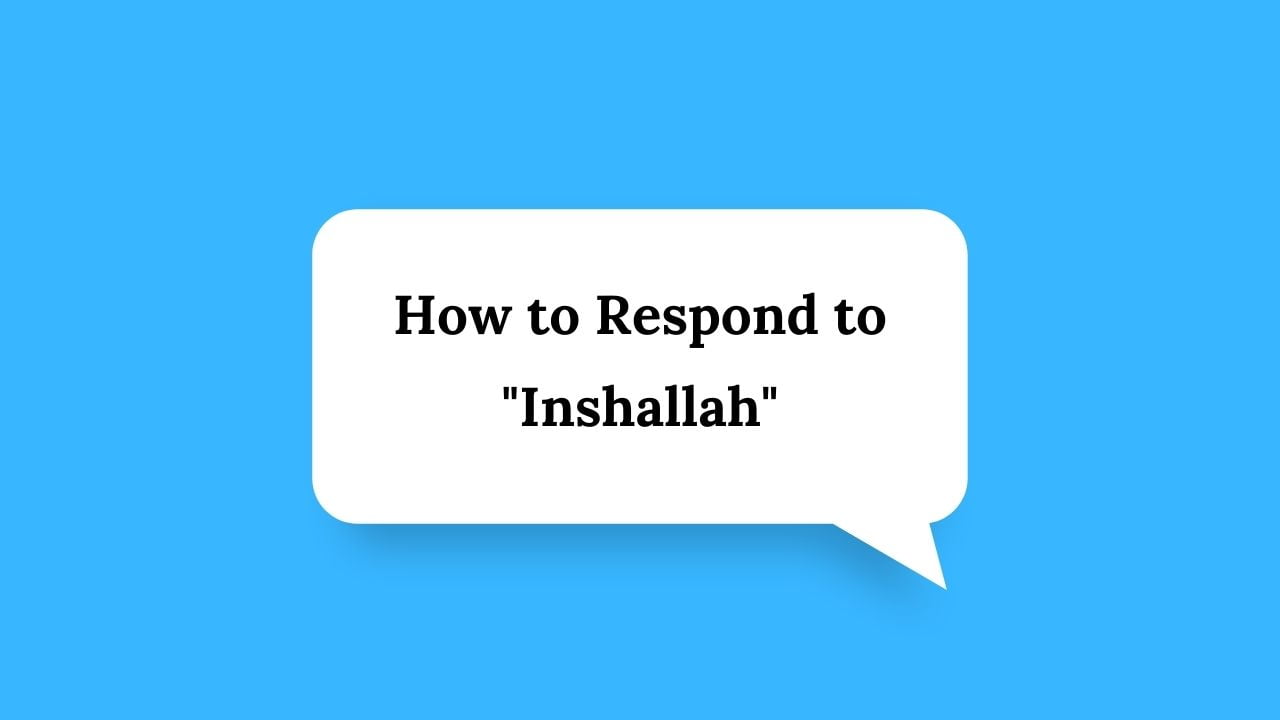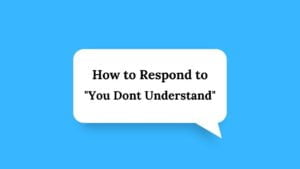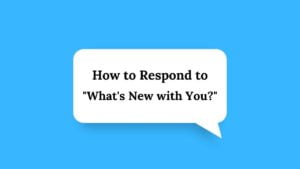“Inshallah”, an Arabic phrase meaning “God willing” or “If God wills it”, is a term frequently used across various cultures and religions, especially in Islamic societies.
When someone uses “inshallah,” they express hope, consent, or acceptance for a future event. This blog post is designed to guide you through different and creative ways of responding to “inshallah.”
What does it mean when someone says “Inshallah”?
Typically, “inshallah” is used when someone hopes for an outcome to occur in the future. It is a form of acceptance that everything happens according to God’s will. Here are five possible interpretations when someone uses the term:
Expression of Hope
When someone says “inshallah”, they’re often expressing hope for something to happen in the future.
Submission to Divine Will
“Inshallah” can also denote acceptance of God’s will, expressing the belief that all things happen as they are meant to.
Acknowledgment of the Uncertain Future
This phrase can be used to acknowledge that the future is uncertain and not under human control.
Polite Refusal
Sometimes, “inshallah” might be used as a polite or indirect way of saying no to a request or proposition.
Indication of Intent
“Inshallah” can also signify an intention to do something, subject to God’s will.
How you respond to “inshallah” can depend on the context in which it is used. Here are some respectful and suitable responses:
26 Best Responses to “Inshallah”
1. “Indeed, may it be so.”
This is a straightforward response that aligns with the sentiment of hope and affirmation that “inshallah” conveys.
2. “Let’s hope for the best!”
A positive response that mirrors the hopeful nature of “inshallah”.
3. “May God guide us.”
This response acknowledges the invocation of God’s will and guidance.
4. “That’s a good thought. Inshallah!”
Echoing their sentiment, this response shows your agreement and shared hope.
5. “Let’s pray for it.”
This response signifies your willingness to hope or pray for the same outcome.
6. “God’s will be done.”
This phrase mirrors the meaning of “Inshallah,” expressing acceptance of whatever may happen.
7. “I hope so too.”
A simple and direct response, it shows your agreement and shared anticipation.
8. “Yes, if God wills.”
This response directly corresponds with the sentiment behind “Inshallah.”
9. “That sounds like a good plan. Inshallah!”
Here, you’re acknowledging the plan or hope they’re speaking about, and adding your hopes to it.
10. “We can only hope and pray.”
Similar to “Inshallah,” this statement recognizes that the outcome is out of human hands.
11. “May it be for the best.”
This is a positive and hopeful response, aligning with the sentiment behind “Inshallah.”
12. “Yes, God willing!”
A direct, enthusiastic affirmation that matches the hopeful tone of “Inshallah.”
13. “Indeed, if it’s in our best interests.”
This response takes into account the idea that what is meant to happen will happen.
14. “We’ll see what the future holds.”
This acknowledges the uncertain nature of the future, which is part of the sentiment expressed by “Inshallah.”
15. “Yes, let’s see what happens.”
This response agrees with the uncertainty that “Inshallah” conveys.
16. “May our hopes be realized.”
This affirms the hopeful nature of their statement while adding your shared hope.
Also Read
17. “Absolutely, if that’s what’s best.”
This response shows agreement with the sentiment, but also recognizes that the best outcome might be different than what is hoped for.
18. “With God’s grace, it will happen.”
This response acknowledges the sentiment of reliance on divine will.
19. “Inshallah, we’ll see good results.”
This echoes their sentiment and hopes for a positive outcome.
20. “We leave it to God’s wisdom.”
This response agrees with the understanding that the outcome is in God’s hands.
21. “Indeed, if it’s meant to be.”
This agrees with the sentiment that if something is meant to happen, it will.
22. “We’ll have faith and see.”
This response corresponds to the faith and acceptance inherent in “Inshallah.”
23. “May it be as you say.”
This response shows your agreement with their hope or plan.
24. “If it is to be, it will be.”
This statement acknowledges that the future is not in our hands.
25. “Sure, if it’s in our destiny.”
This response agrees with the underlying belief of “Inshallah” about predestination.
26. “Yes, let’s keep our hopes high.”
This response keeps the conversation positive and aligns with the hopeful tone of “Inshallah.”
In conclusion, when someone says “inshallah”, they’re likely expressing hope, acceptance of divine will, acknowledging the uncertainty of the future, giving a polite refusal, or indicating an intention.
Responding appropriately can foster better understanding and meaningful conversations. Remember to always be respectful of cultural and religious expressions.








